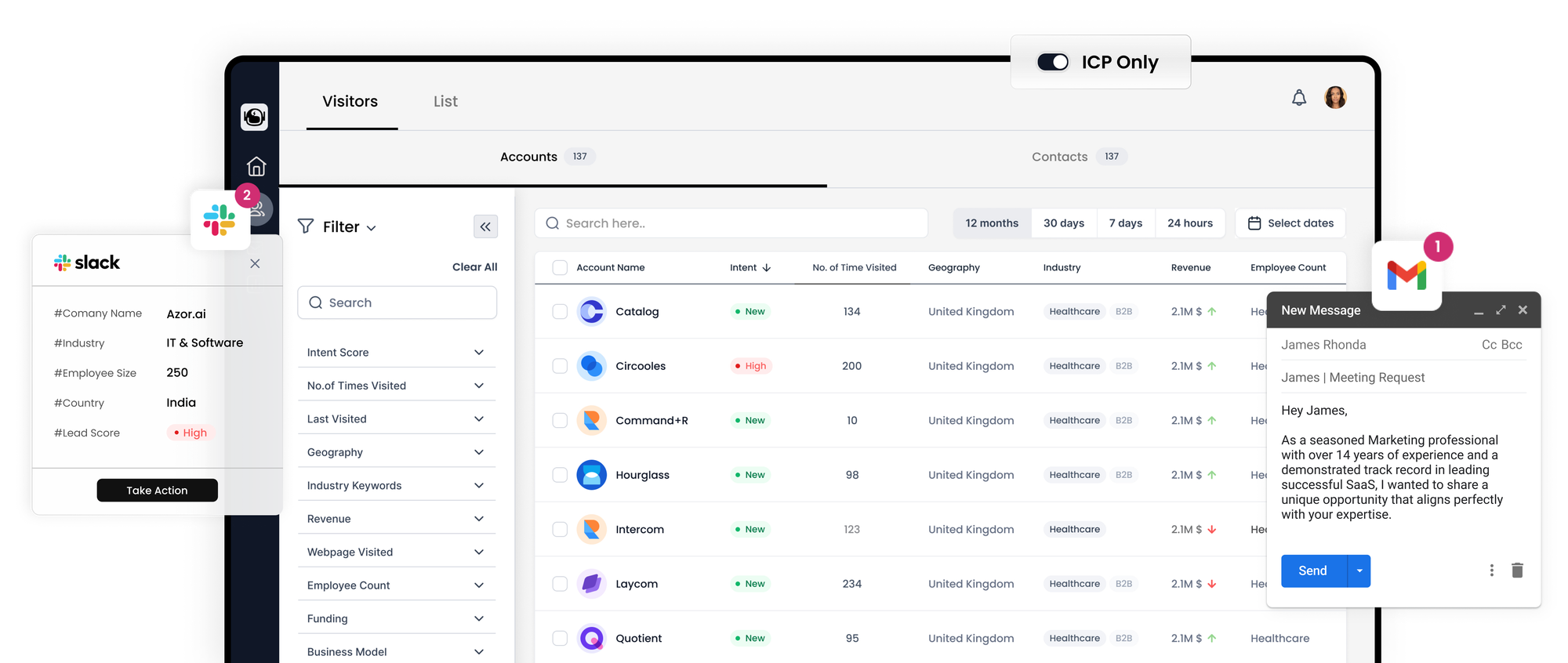Demystifying B2B Sales: An In-Depth Exploration

Business-to-business (B2B) sales is a dynamic approach where one company provides products or services directly to another, distinct from business-to-consumer (B2C) sales. This method of commerce hinges on effective communication and industry expertise, demanding the development of specialized skills. In this comprehensive article, we delve into the essence of B2B sales, provide illustrative examples, and furnish valuable tips for success in this intricate domain.

Understanding B2B Sales: A Conceptual Overview
B2B sales denotes the process by which a business or enterprise markets and sells its offerings to other businesses, as opposed to individual consumers. Unlike B2C sales, B2B transactions often involve a more intricate purchasing cycle, characterized by multiple decision-makers within organizations responsible for acquiring products and services aligning with the company's strategic objectives.
B2B sales can be broadly categorized into three distinct types:
1. Product-Centric B2B Sales
In this category, a business markets and sells products essential for the operational needs of other businesses. For instance, an office supply company providing equipment, tools, and office essentials falls into this bracket.
2. Resource-Oriented B2B Sales
Here, businesses specialize in supplying materials or resources that other companies utilize in the production of their own products. For instance, a wholesaler supplying machine components to manufacturing firms constitutes this type.
3. Service-Based B2B Sales
Some companies offer specialized services tailored to the needs of other businesses. Examples include business law firms or financial management consultancies.
Each category demands a tailored sales approach, allowing businesses to effectively cater to their target markets.
Exploring B2B Sales through Real-Life Scenarios
To shed light on the intricacies of B2B sales, consider the following illustrative examples:
1. B2B Sales with Suppliers
Imagine a company specializing in large office equipment like printers, copy machines, and computers. Seeking to expand its market reach beyond its local geography, this company engages in B2B sales. Its marketing and sales teams develop strategies to reach a broader audience, employing techniques such as social media campaigns, email marketing, and even cold calls to reach potential clients. As the company's reach expands, it secures new businesses as clients, serving their office supply needs.
2. B2B Sales with Wholesalers
Now, envision a wholesale supply company dealing in computer parts utilized by computer retailers in their manufacturing processes. In this scenario, the wholesaler engages in B2B sales, acting as a supplier to computer retail firms operating in the B2C realm. The wholesale supply company employs sales and marketing strategies to acquire and retain computer manufacturers relying on their resources for producing computer products.
3. B2B Sales with Service Providers
Consider an accounting firm with a history of serving small businesses and individual brand owners. Eager to attract larger business clients, the firm implements B2B strategies like content marketing, email campaigns, and informative seminars to reach larger enterprises requiring their financial services. By catering to businesses rather than individual customers, the accounting firm operates as a B2B service provider, irrespective of its clients' B2B or B2C sales orientations.
Strategies for Triumph in B2B Sales
To excel in the realm of B2B sales, it is imperative to hone not only your sales acumen but also your strategic thinking abilities. Additionally, consider the following invaluable tips to further enhance your skills and elevate your success as a B2B sales professional:
1. Meticulous Market Research: Thoroughly research your target markets to compile a list of potential business clients that can benefit from your products or services.
2. Deepen Industry and Product Knowledge: Develop a profound understanding of your industry and gain extensive knowledge about the products or services relevant to your market. Conduct product research and industry analysis to position your offerings effectively.
3. Solutions-Oriented Approach: Focus on crafting innovative solutions that address the unique needs of businesses. Construct marketing campaigns centered on solving their core challenges through your products or services.
4. Masterful Communication Skills: Effective communication is paramount in B2B sales due to the intricacies of the purchasing cycle. Sharpen your negotiation, active listening, and conversational abilities, particularly when collaborating with your team to devise and execute sales and marketing strategies.
5. Cultivate Client Relationships: Nurturing connections with your clientele plays a pivotal role in sustaining success in B2B sales. By prioritizing the resolution of your target market's problems, you foster trust and loyalty among your customers, leading to enduring and mutually beneficial business relationships.
In conclusion, B2B sales presents a multifaceted landscape where strategic prowess and effective communication are pivotal. By embracing these strategies and tips, you can thrive in the world of B2B sales, forging lasting partnerships and driving business growth.
